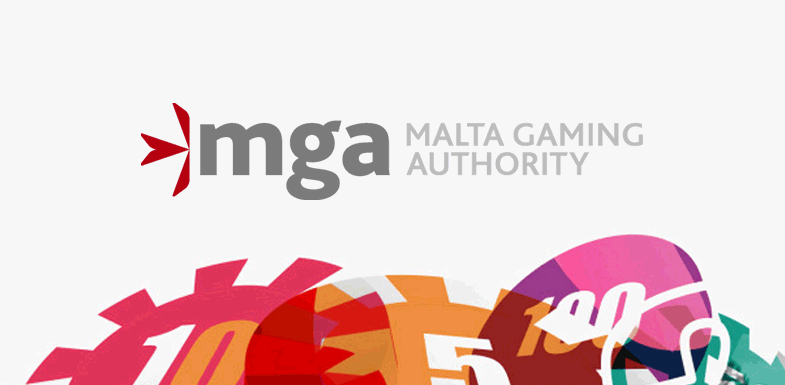The Latvian government has confirmed that gambling tax increases will come into force on 1 January 2026, a year after it was proposed. The decision follows a government spending review to shore up state finances.
Draft legislation first approved in December 2024 had set the date for 1 January 2027. However, ministers agreed in late August to accelerate the timetable, alongside other budgetary measures designed to raise new revenue. The Ministry of Finance has projected that the higher tax rates will generate an additional €9.2 million in income for the state budget in 2026. €175,000 will be spent on municipalities and the rest directed to national spending priorities.
Details of the New Rates
From January, Latvia’s tax on interactive gambling revenues will increase from 12% to 15% of gross gaming revenue (GGR). Telephone betting will be taxed at 18% from the current 15%. Land-based operators will also face significant increases.
Annual gaming machine taxes will rise from €6,204 to €7,440 per unit, while contributions on roulette, card, and craps tables will jump from €33,696 to €40,440 per year. According to the Ministry of Finance, these increases will ensure that the gambling sector contributes more to public finances in line with government priorities for security, education, and family support.
Regulator to be Absorbed into Tax Authority
The government has also announced that the country’s Lottery and Gambling Supervision Inspectorate (IAUI) will be closed earlier than expected. The regulator is scheduled for consolidation into Latvia’s State Revenue Service on 1 April 2026, three months ahead of the original plan. Finance Minister Arvils Ašeradens said the integration will result in significant administrative cost savings.
Until April, the gambling industry will continue to be overseen by two regulators. The IAUI is responsible for licensing and regulatory compliance, while the SRS handles tax-related issues. Their overlapping powers include the enforcement of sanctions, conducting investigations, and implementing anti-money laundering controls. The merger will streamline these responsibilities.
Budget Context and Next Steps
The acceleration of gambling tax reforms is part of efforts to strengthen Latvia’s fiscal position. The government seeks to raise €565 million in additional funds for the 2026 budget cycle, with spending allocated for defense, education, and family support programs.
A package of draft laws relating to the 2026 budget, including the gambling tax increases and the regulator reform, will be submitted to Parliament on 15 October. Lawmakers will debate and approve the measures in the coming weeks, preluding implementation from the start of the new year.

 Companies
Companies 





